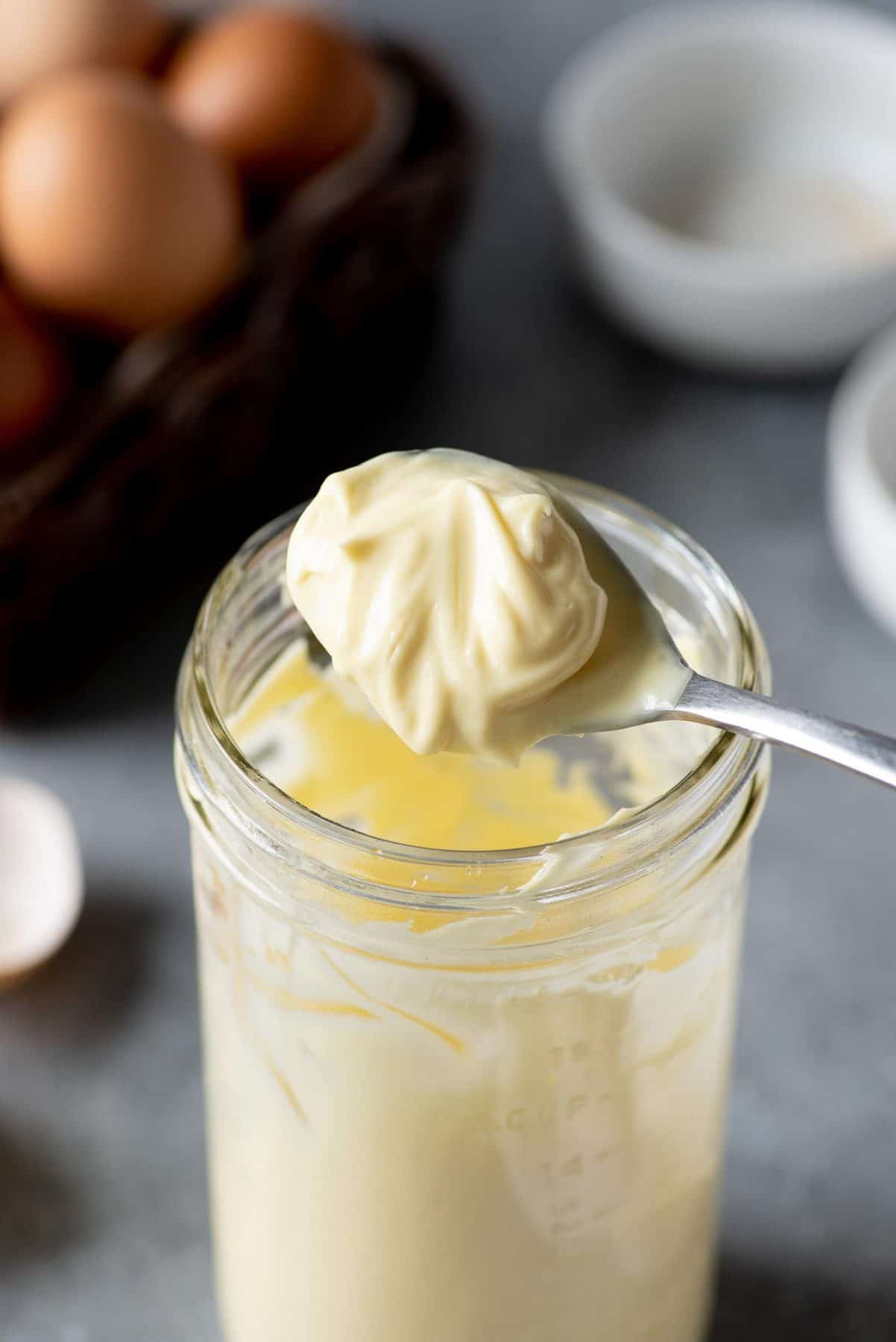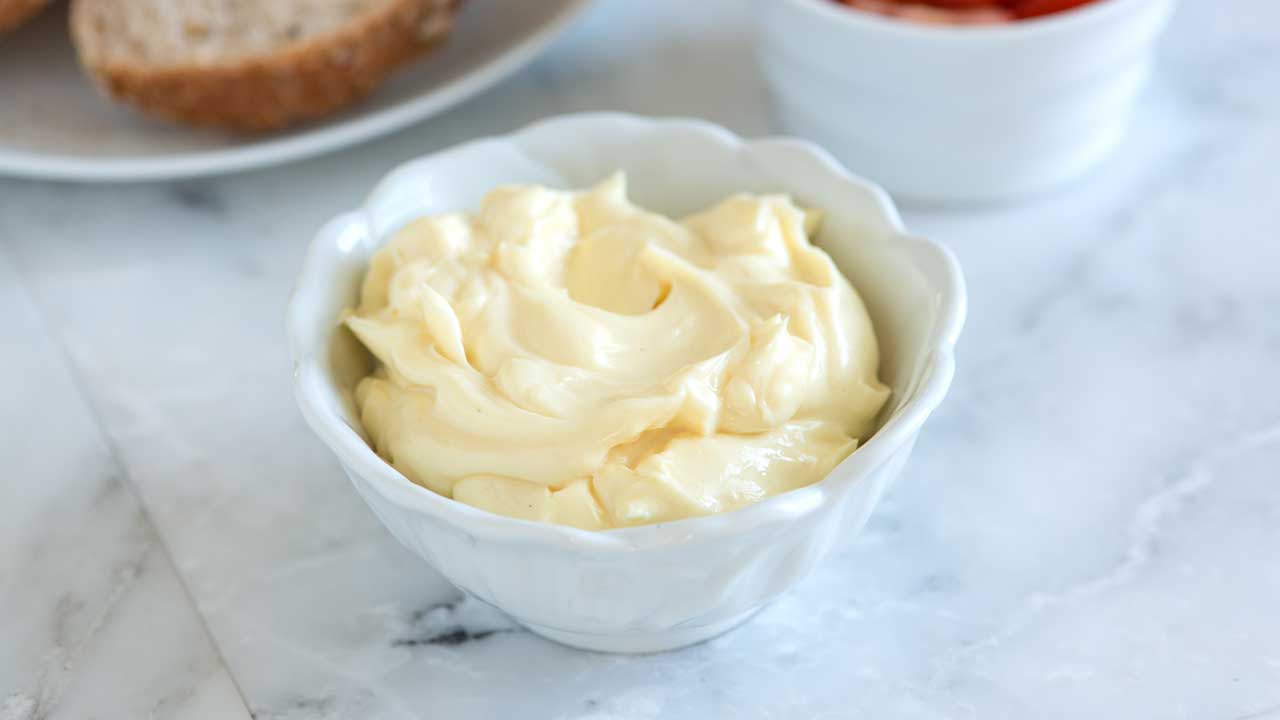Which Mayonnaise is Healthiest for Barbecue Lovers?
Written By James Morgan
As a barbecue enthusiast, you're always looking for that next flavor to elevate your grilled creations. Mayonnaise, while often seen as just a condiment, can actually make a significant difference in your dishes. But with so many options available, you may wonder, which mayonnaise is healthiest? In this article, we will dive deep into different types of mayonnaise and figure out what works best for your health and your palate.
Mayonnaise is more than just a creamy addition to sandwiches and salads; it can serve as a base for dips and sauces that complement your barbecue meals perfectly. Understanding the health aspects of mayonnaise will help you make better choices that dont compromise your lifestyle while enjoying your grilling. So, lets set the grill on fire and explore this tasty journey together!

Types of Mayonnaise
When it comes to varieties, mayonnaise can often be categorized into a few main types: traditional, vegan, low-fat, and avocado mayo. Each of these options contains different ingredients and nutritional profiles, so lets break them down.
1. Traditional Mayonnaise
Traditional mayonnaise is made from egg yolks, oil, vinegar, and seasonings. This type is rich and creamy, making it a popular choice among barbecue enthusiasts. However, it is also high in calories and fatone tablespoon can contain around 100 calories and 11 grams of fat. If you're watching your calorie intake, this might not be the healthiest option.
2. Vegan Mayonnaise
For those who opt for a plant-based diet, vegan mayonnaise is a fantastic alternative. Made from plant-based oils, aquafaba, or other emulsifiers, it offers a similar creamy texture without the cholesterol found in traditional mayo. Many health enthusiasts consider it a healthier option, but keep in mind that some brands may pack in extra sugar or preservatives.
3. Low-Fat Mayonnaise
Low-fat mayonnaise replaces some of the oil content with water or other ingredients, resulting in fewer calories. But, beware; they can be rich in added sugars and stabilizers, which may not be the healthiest trade-off. Always check the labels to know what you're consuming.
4. Avocado Mayo
This modern mayo alternative uses avocado oil and offers a healthier fat profile, packed with monounsaturated fats that are good for heart health. It's also rich in nutrients and can give your barbecue dishes a unique flavor twist. If youre looking for something creamy yet nutritious, avocado mayo might be your go-to!

Understanding the Ingredients: What to Look For
Before you choose the mayonnaise that suits your barbecue needs, understanding the ingredients will aid in making a healthier choice. Here are some critical components to evaluate:
1. Oil Type
The oil used in mayonnaise can significantly influence its nutritional profile. Oils like canola or avocado oil are generally healthier options compared to soybean oil or other saturated fats. Consuming mayonnaise made with good oils can still align with your health goals.
2. Added Sugars and Preservatives
Many commercial mayonnaise products add sugars and preservatives to enhance flavor and shelf-life. Reading the labels carefully is crucial. The fewer ingredients, the better.
3. Egg Content
If you are concerned about cholesterol, you might want to consider eggless or vegan mayonnaise. They offer a creamy texture without the eggs and are often lower in cholesterol.

How to Make Homemade Mayonnaise
Why not take control of your ingredients by making your own mayonnaise? Making organic mayonnaise allows you to customize it to suit your flavor preferences while keeping it healthy. Heres a simple recipe:
Ingredients:
- 1 egg yolk
- 1 tablespoon Dijon mustard
- 1 tablespoon lemon juice
- 1 cup vegetable oil (or avocado oil)
- Salt and pepper to taste
Instructions:
- In a medium bowl, whisk together egg yolk, Dijon mustard, and lemon juice.
- Slowly add the oil while whisking continuously until the mixture is thick and creamy.
- Season with salt and pepper.
This homemade mayo is not only delicious but gives you complete control over what goes into it!

Knowing When to Use Mayonnaise
For barbecue enthusiasts, mayonnaise has an array of uses. Whether as a base for sauces or as a delightful glaze, knowing how to best utilize mayonnaise can enhance your grilling experience. Here are some recommendations:
1. Dressings
Mix mayonnaise with spices and herbs to create delicious dressings for salads or grilled vegetables. This keeps your dishes moist and adds flavor.
2. Marinades
A mayo-based marinade can help tenderize meats while infusing them with flavor. You can mix it with spices (such as cumin or paprika) and apply it to chicken or pork before grilling.
3. Dips
Combine mayonnaise with sour cream or yogurt to make delicious dip for your barbecued items like kebabs and veggies. Add some garlic powder and herbs for extra flavor!
Conclusion: What to Choose?
When asking which mayonnaise is healthiest, it boils down to your personal preferences and dietary needs. Traditional mayo has a great flavor but may not be the healthiest. Vegan mayonnaise, low-fat options, and avocado mayo come with varying health benefits, making them worth considering. The best choice is one that delights your taste buds but also aligns with your health goals.
As a barbeque enthusiast, remember that moderation is key. So next time you slather that white goodness on your burger or whisk it into a sauce, take a moment to think about what goes into it. Enjoy your grilled delights while keeping your health in check!
FAQs
- 1. Is mayonnaise bad for you?
- Not necessarily, but moderation is important as regular mayo can be high in calories and fats
- 2. Can you freeze mayonnaise?
- Freezing mayonnaise is not recommended as it can separate and lose its creamy consistency.
- 3. Are there vegan options available?
- Yes, many brands offer vegan mayonnaise made from plant-based ingredients!
For additional insights on mayos health effects, check out this informative article on what happens to your body when you eat mayonnaise every day.
As an Amazon Associate, I earn from qualifying purchases.



